An Eco-Friendly Vision for Modular Scout Cabins. In 2010, Camp Emerald Bay on Catalina Island, located 19 miles off the Southern California coast, underwent a significant transformation. Gensler, a Los Angeles-based architecture firm, reimagined the 85-year-old Scout campground into a sustainable outdoor learning center. Central to this redevelopment was a shipping container camp built around eco-friendly container cabins.
The Boy Scouts of America commissioned the project in alignment with their “leave no trace” philosophy. They sought an off-grid solution that embraced environmental responsibility and suited the island’s protected wilderness. The modular scout cabins delivered this vision—designed for minimal environmental impact and maximum outdoor education benefit.
Designing the First Eco-Friendly Shipping Container Camp
Architect Richard Hammond of Gensler led the design of the prototype shipping container scout camp on Catalina. The cabin reused two reclaimed 20-foot shipping containers. To maximize space, the construction team removed interior walls to create a single 320-square-foot unit.
To improve natural light and airflow, the design included a vaulted translucent roof made from stretched silicone-coated fiberglass supported by aluminum arches. The team cut away the original roof and sidewalls to form a spacious, light-filled interior. During the day, the vaulted roof provided ample daylight. At night, solar-powered LED fixtures offered low-energy lighting.
Off-Grid Systems and Eco-Conscious Construction
The eco-friendly container cabin featured sustainable design throughout. It rested on a low-impact concrete pier foundation, minimizing site disruption. The exterior deck was built from reclaimed wood salvaged from a local pier reconstruction.
The cabin operated with minimal energy. Passive ventilation and solar-powered lighting eliminated the need for HVAC. The vaulted roof reduced thermal buildup, maintaining indoor comfort without mechanical systems. These design choices aligned with the camp’s long-term goal of off-grid, carbon-neutral operation.
Modular Scout Cabin Fabrication and Deployment
Gensler prefabricated the modular scout cabins in Los Angeles. The team cut the container walls, added insulation, and completed the interior systems before shipping. All materials were packed inside the containers for transport to Catalina Island.
A Westminster-based construction firm installed the units on a six-pier concrete foundation. After positioning the containers, crews installed the vaulted roofs and completed the connections on-site.
The project illustrated how shipping container camps could be deployed quickly in remote or environmentally sensitive settings. The efficient assembly process supported both ecological goals and cost-effectiveness.
Scaling the Shipping Container Camp Concept
The 2010 prototype was the first of 20 planned eco-friendly container cabins intended to replace aging barracks at Camp Emerald Bay. Each modular scout cabin followed the same sustainable design principles: solar-powered lighting, passive cooling, reclaimed materials, and limited land disturbance.
Plans also included a future outdoor learning center built from additional shipping containers. This structure would further support the camp’s mission of outdoor education and environmental stewardship.
Collaborative Efforts and Design Credits
The shipping container camp was a collaborative effort. Gensler contributed pro bono architectural services. Arup provided structural engineering. J. Miller Canvas built the custom roofs and door systems. RMS Group supplied the containers. Primus Lighting and Nora Systems contributed LED lighting and durable rubber flooring.
Through multidisciplinary collaboration and sustainable innovation, the 2010 Catalina Island shipping container scout camp demonstrated the potential of modular, eco-conscious construction. It stood as a model for future shipping container housing in outdoor education environments.
Courtesy Of: Haute Nature
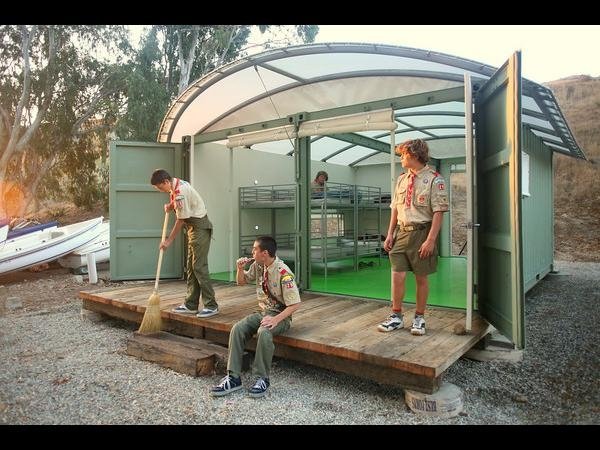
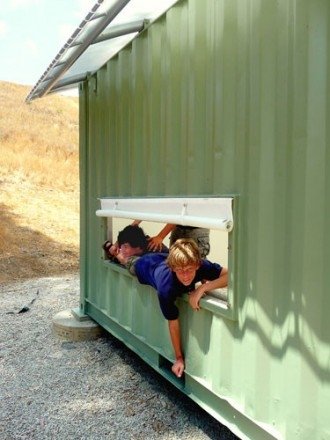
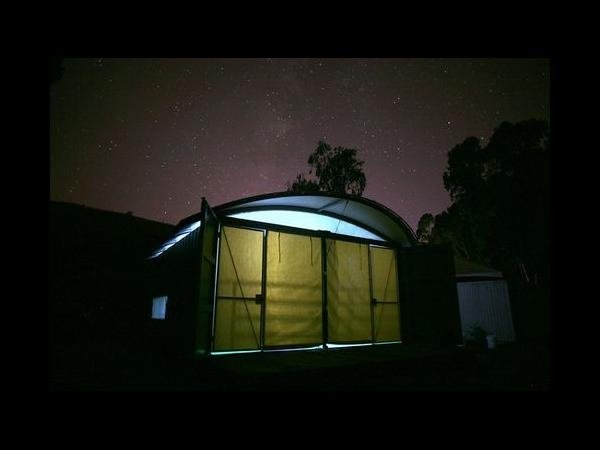
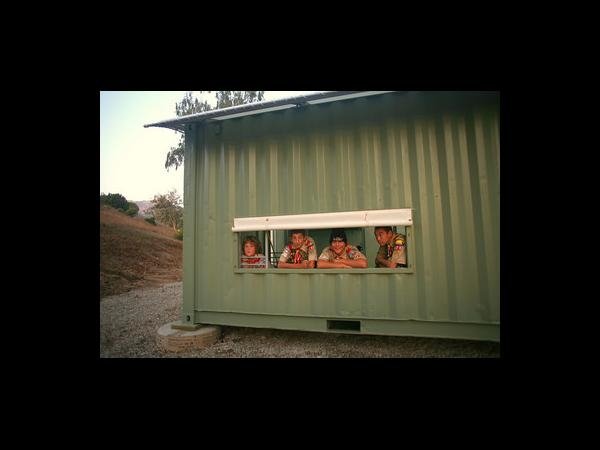
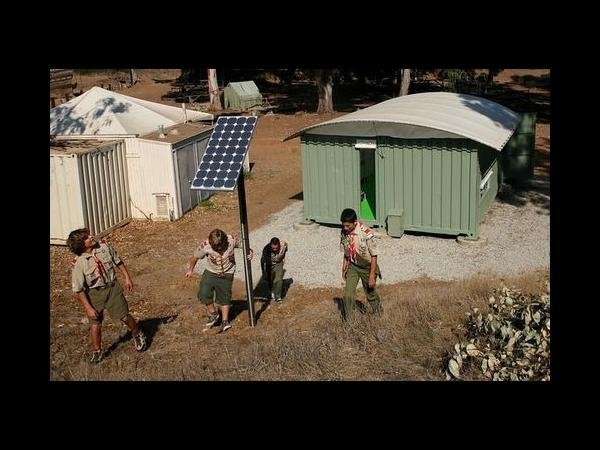
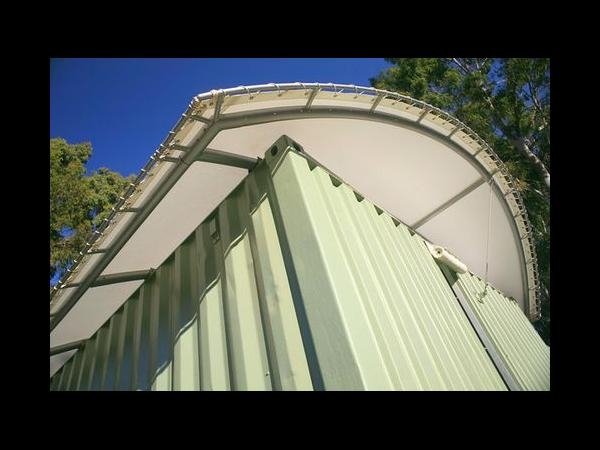
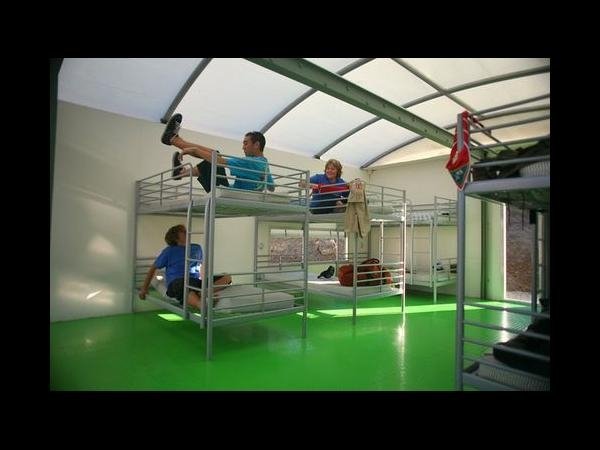
Join the conversation on sustainable living — comment by